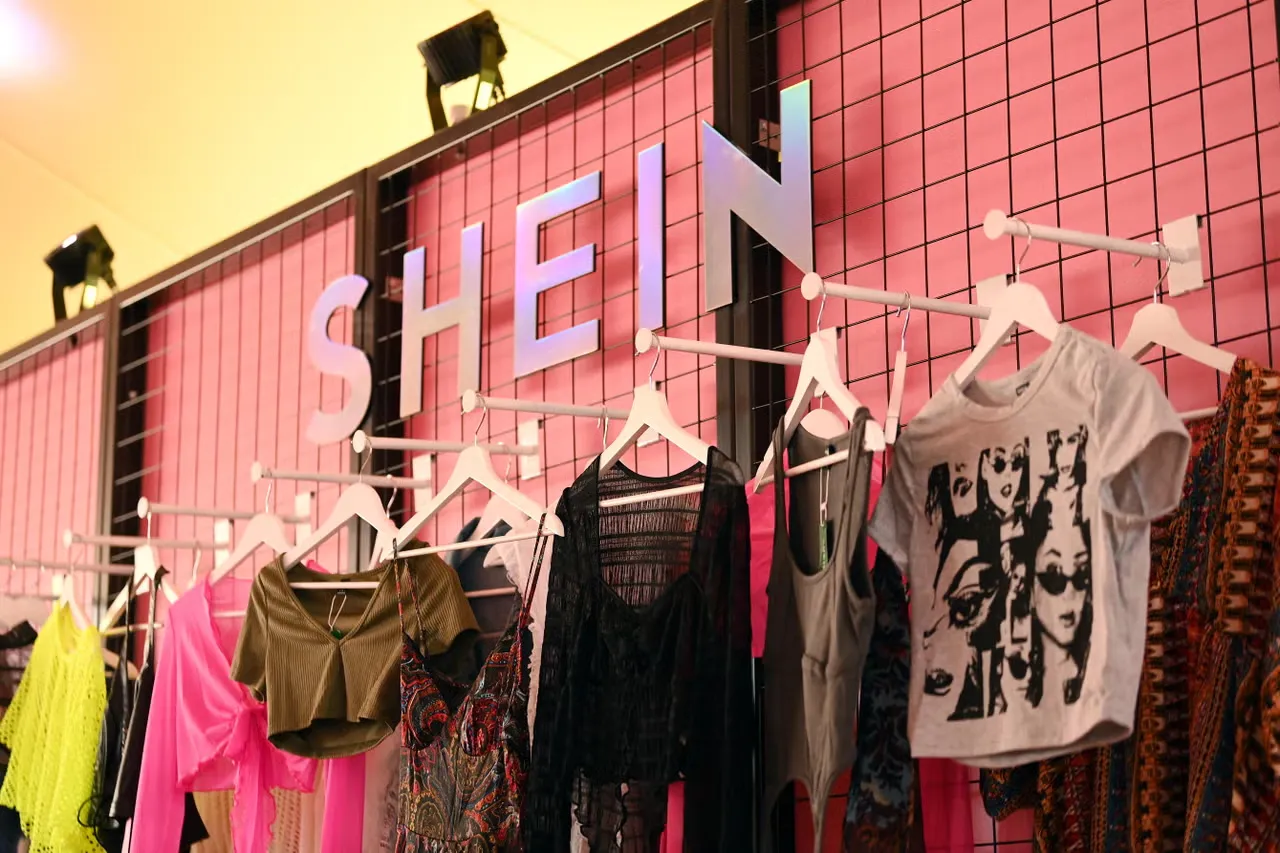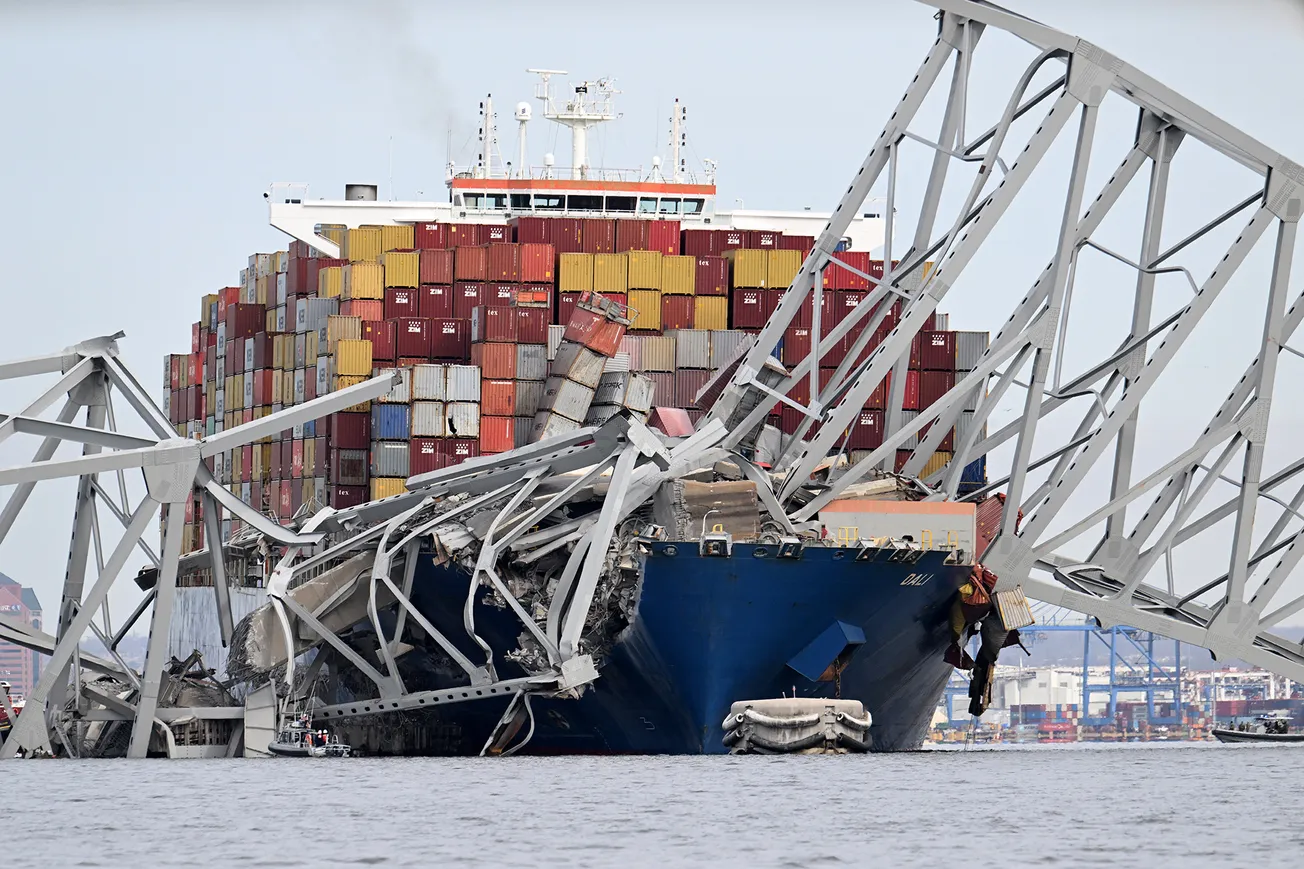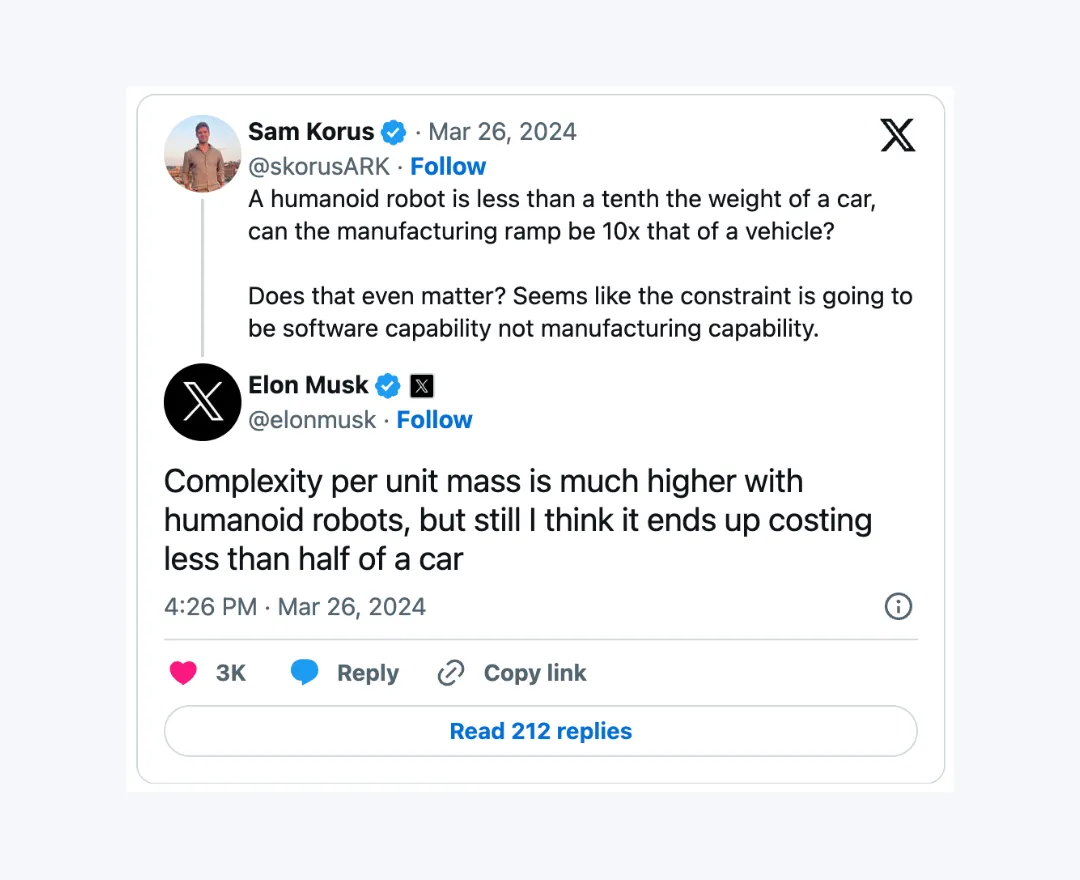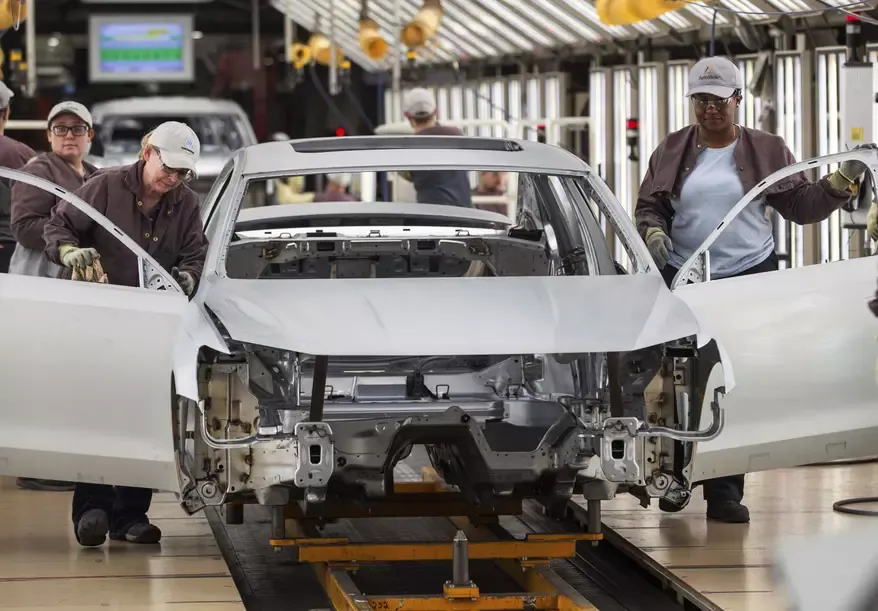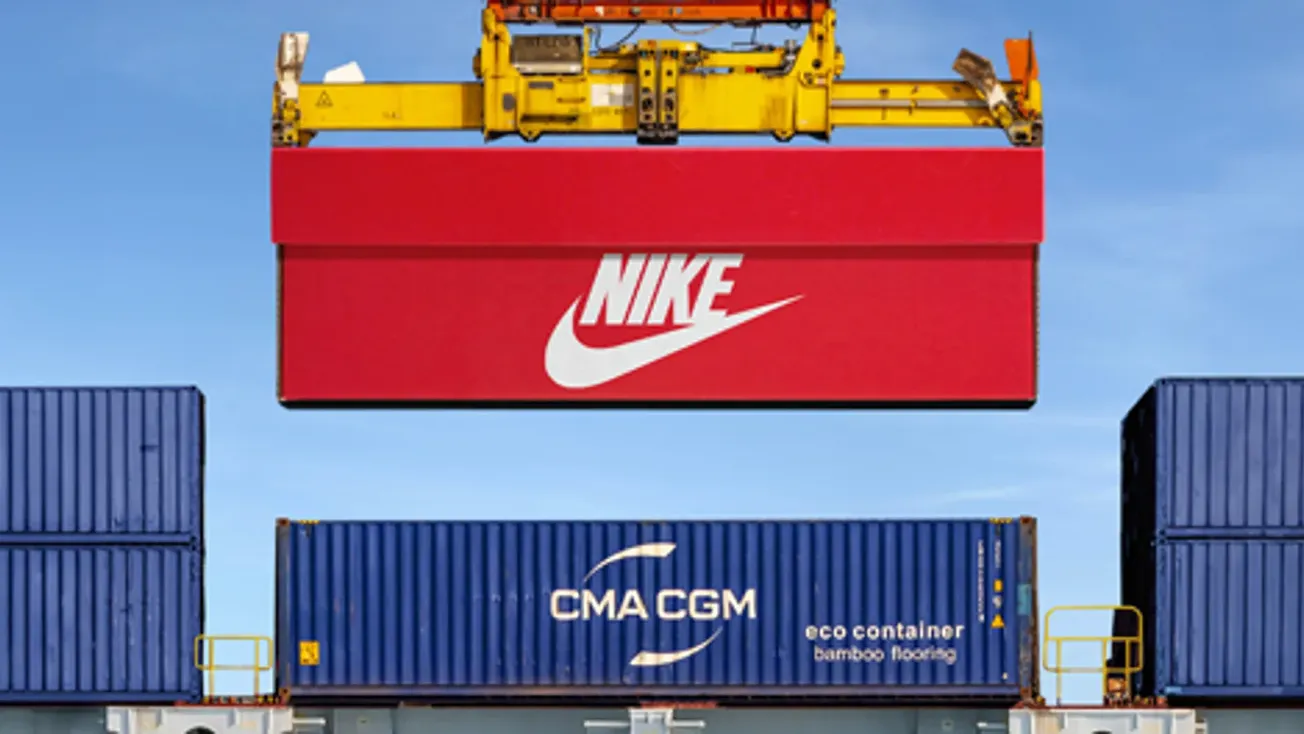Table of Contents
Fast fashion giant Shein is planning to open its supply chain infrastructure and technology to global brands, according to a Wall Street Journal report.
Why it matters: The move is part of a broader trend where retailers are diversifying into more lucrative market segments.
- Most recently, Walmart launched a logistics SaaS product, Target introduced paid memberships, Amazon is selling its cashier-free tech, and Kroger is selling ad placements.
Driving the news: In a letter to investors, Shein’s Executive Chairman Donald Tang referred to the new initiative as “supply chain as a service”.
- Their small batch, on-demand manufacturing model has been the cornerstone of Shein’s rapid growth, with the retailer selling in more than 150 countries and reportedly making more than $30 billion in revenue in 2023.
Be smart: Shein has revolutionized fast-fashion manufacturing. It works with about 5,400 third-party contract manufacturers in China to churn out tens of thousands of new styles daily.
- Based on demand, it quickly scales up manufacturing of the popular items while dropping those that don’t sell as expected.
- This model helps Shein reduce storage costs and limit inventory waste, which in turn allows the company to offer ultralow prices.
What they’re saying: “This move is one of many that Shein will make to cement itself at the heart of the fashion ecosystem,” Neil Saunders, managing director of retail consultancy GlobalData Retail said.
- “Shein is moving beyond being a seller of low-price fashion to one that has many strings to its bow, including marketplaces, services for sellers and now services for designers and apparel brands.”
Our take: Shein’s popularity in the US has drawn the attention of US regulators, who are investigating if Shein uses forced labor in its supply chain. The company might have to put an end to these concerns before it can scale its new “supply chain as a service” offering.

